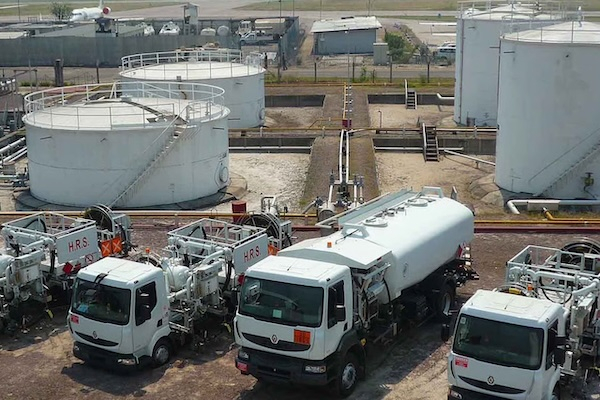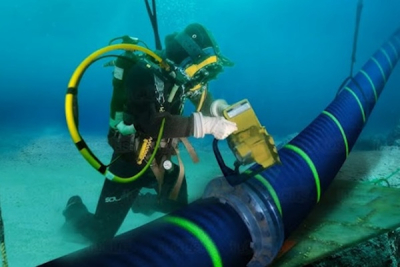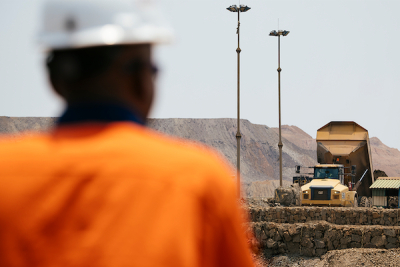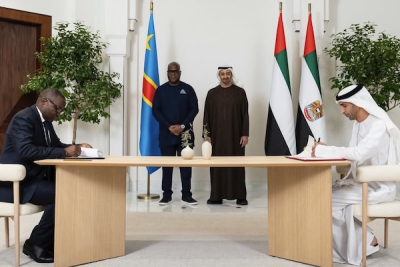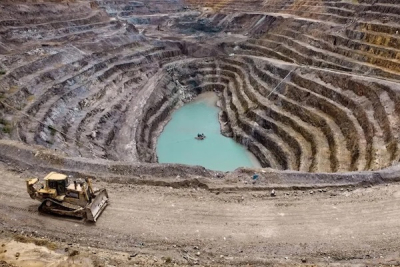On July 1, 2025, DRC’s Minister of Hydrocarbons, Aimé Sakombi Molendo, issued an order that puts subcontracting and service provision in the hydrocarbons sector under strict ministerial control. Companies must now secure approval from the Ministry of Hydrocarbons before operating.
Applicants must submit a request to the Minister with documents proving their legal status, taxpayer registration, experience, and skills. They also need valid insurance covering activity-related risks and must pay the remuneration tax.
The Ministry inspects applicants’ offices or facilities at their expense. Officials conduct administrative, technical, legal, and financial checks to verify the applicant’s capacity to deliver the services. If the Ministry approves, applicants pay the remuneration tax again and receive official authorization.
Companies have 60 days to comply. If they fail, the Ministry will declare their operations invalid. Only approved providers will enjoy benefits under the Hydrocarbons Code, effectively excluding non-compliant firms.
Registry and Annual Renewal
The approval lasts 12 months and requires annual renewal. Companies must apply for renewal 45 days before expiration, following the same process as the initial application.
To enforce compliance, the Ministry will keep a registry of approved providers and conduct regular inspections. The order mandates that all subcontracting contracts reach the Ministry within 15 days of signing. Oil companies must submit profiles of service providers and subcontractors, along with their annual selection plans, by March 31 each year.
The Ministry will prioritize local companies. It will allow foreign firms only when local expertise is unavailable. In such cases, foreign providers must hire and train at least two Congolese nationals per subcontracting project in the relevant field.
This new system aims to boost Congolese companies and clean up the existing database maintained by the Authority for the Regulation of Subcontracting in the Private Sector (ARSP). The Ministry wants to eliminate fictitious or unqualified entities.
However, some industry players worry the reform will complicate subcontracting access and raise costs. They point out that applicants must pay the remuneration tax twice and cover inspection expenses.
This article was initially published in French by Pierre Mukoko and Boaz Kabeya (intern)
Edited in English by Ange Jason Quenum






